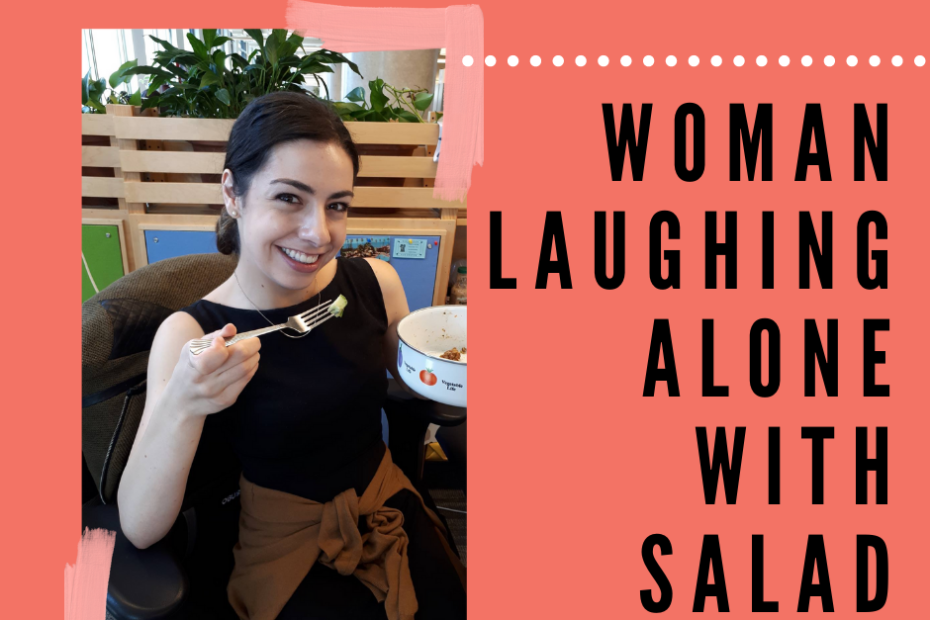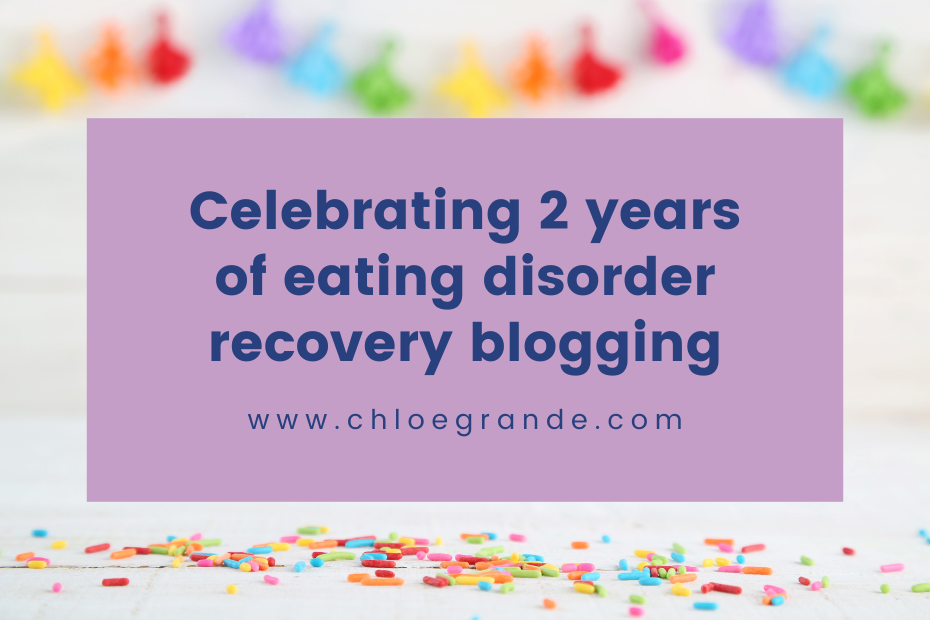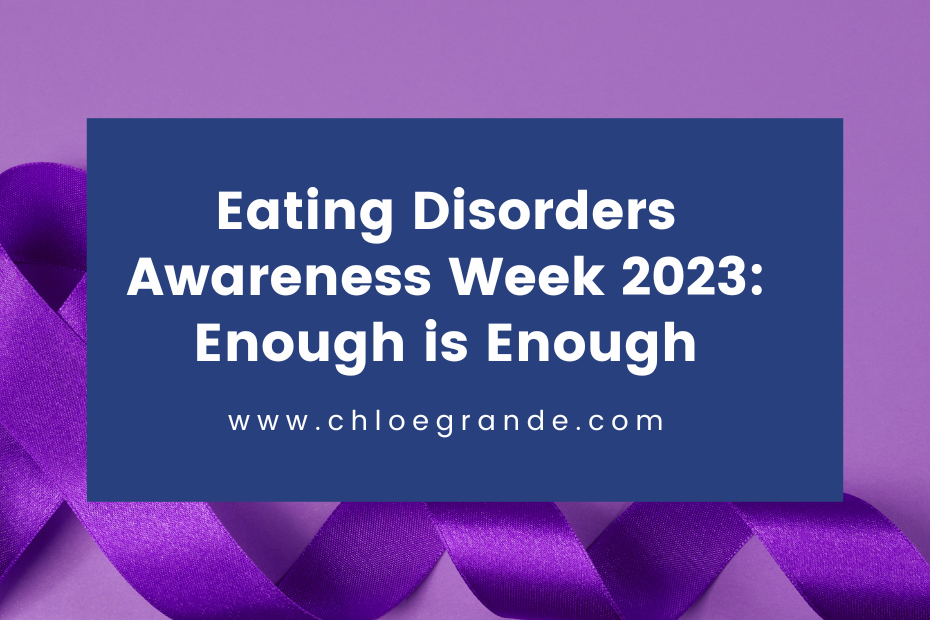Raise your hand if you miss having having people give you unsolicited diet tips in the lunchroom! I, for one, will not. It’s shocked me how frequent this topic of conversation has been in the workplace, in settings ranging from PR to nonprofit to health care.
Coworkers have told me everything from which apps to use for keto diet meal plans, why they’re running to lose weight, who does the best ab workout YouTube videos, how they don’t eat before anything before going out for all-you-can-eat-sushi, and the list goes on and on.
Even though most of us are currently working remotely, I have a hunch they’ll be lots of “quarantine fifteen” talk once we’re back. Here are some thoughts on why diet talk is a go-to and why it’s not the best way to bond with coworkers.
- We are searching for common ground. Unfortunately it’s easier to assume that most people have a fraught relationship with food. It’s easy to assume that most people want to look better, lose weight, feel healthier, eat less, exercise more, etc. So speaking about dieting is a surefire way to engage a casual work acquaintance, right? It isn’t, and it’s also not interesting. Save the diet talk for a health practitioner who can help you make informed choices.
- Tip: There are other topics we have in common. We all have families, hometowns, travel stories, favourite movies, hobbies, weekend plans, opinions on the current weather trends. Why not talk about that instead? I heard it’s going to rain tomorrow.
- Diet-talk can be seen as a compliment. During some of my slips back into disordered eating, I’d eat the same thing every single day. It became a running joke that I always had hummus. It was also seen as a form of discipline because I never got takeout for lunch. What no one would have known at the time is that I was simply obeying the commands of my eating disorder and deriving myself of any sense of pleasure or adventure associated with eating.
- Tip: Compliment the food, not the person. So if someone’s homemade veggie curry looks delicious, perhaps ask for the recipe instead of praising how healthy and nutritious your coworker is. My dedication to salad may have seemed admirable — see photo above — however, I was in no way nourishing my body properly and often found myself bingeing on junk food post-work.
- Many work functions revolve around food. Remember the old cake-and-stare? To celebrate a coworker’s special day, you all gather around a grocery store cake and awkwardly make small talk. Some workplaces host happy hours, others supply employees with an endless supply of snacks. If it’s a university job, you can almost guarantee free pizza is involved.
- Tip: If possible, try to make work events less food-centric. We already have to be mindful of food allergies, and there are many deeper levels of discomfort around certain foods for personal or health reasons. I’d rather play a fun game for someone’s birthday, go bowling instead of to the bar and be rewarded with lieu time instead of leftover sandwiches for working late at an event.
There’s much more to be said about eating disorders in the workplace, and this guide by NEDA is an excellent starting point. The more we can help eliminate diet culture — even by starting with lunchroom small talk — the better people with eating disorders will feel.
Lockdown has only stalled these conversations for the meantime, but it is a chance to reflect on creating a more inclusive work environment.
Until we’re back safely in the office, I will enjoy my judgement-free lunches alone. ❤︎




Great read. Returning to the workplace will be a “weird “ feeling. I can’t imagine what the conversations will be like or even how we will feel around people again….you gave us something to think about. Good article.
irma?
Thank you, Irma! You’re right, it will be a weird feeling and hopefully being mindful of the way we talk about food in the workplace is one way to help mitigate some of that weirdness 🙂
Thanks Chloe!x What a important topic that definitely needs more thoughtful attention to! I also found your hyperlink to be really insightful for our relationships with ourselves in covid: https://www.cnet.com/health/stop-body-shaming-yourself-for-quarantine-weight-gain/
Em, you are so thoughtful and kind! Thank you very much. Always happy to offer insight xo
a deeply insightful and personal post, Chloe !
As usual, much to think about <3
Thank you
Aw, I appreciate the feedback, as usual! Thank you so much ❤️